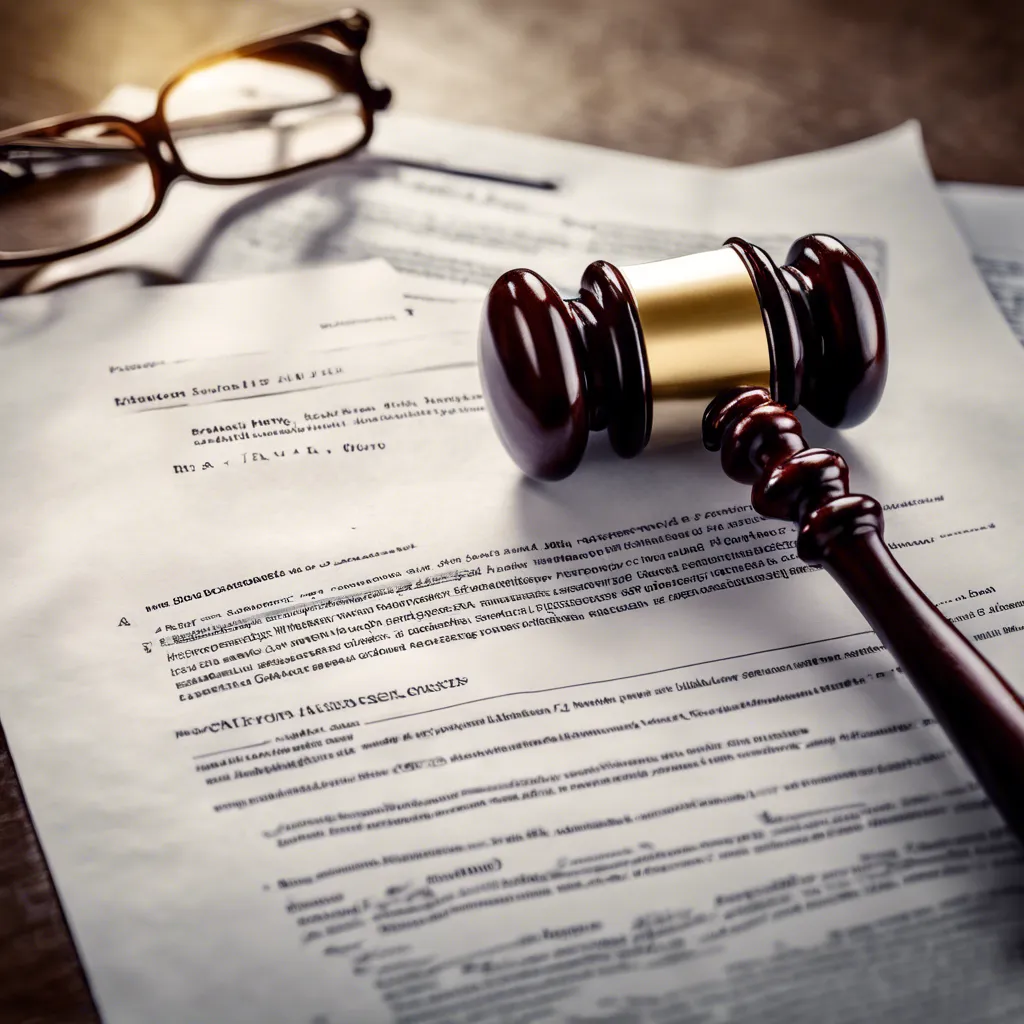Extrajudicial Settlement of Estate

What to do with the properties left behind by a loved one?
When a family member (the “Deceased,” for short) dies, one of the most prevalent problems among surviving family members is how to handle the property owned by the Deceased. The Deceased may own Lands, Buildings or other real propert. Likewise, he may also own personal property such as vehicles, cash in the bank, shares, and others (the Estate, for short).
Depending on the circumstances, the Deceased Estate may be handled extrajudicially, or outside of court.
What is an Extrajudicial Estate Settlement, and when might it be used?
An Extrajudicial Estate Settlement is a mechanism for dividing the Decedent’s Estate among his heirs without having to go to court. It is only permissible if the following conditions are met:
- The decedent left no will;
- the decedent has no debts or his debts have been fully paid;
- the heirs are all of legal age or the minors are duly represented by their judicial or legal representatives; and
- a public instrument is duly executed and filed with the Register of Deeds (i.e., the “Deed of Extrajudicial Settlement of Estate.”)
What Should Be Included in the Extrajudicial Estate Settlement Deed?
The following details should be included in the Extrajudicial Settlement Deed:
- Compliance with the legal conditions for an extrajudicial settlement
- Description of the properties to be extrajudicially settled (title number, value, location, lot size, technical description, etc.)
- Nature of the property (if conjugal property)
- Name of the heirs
- How the properties shall be divided amongst the heirs.
- Posting of a bond if there is personal property involved.
- Undertaking that the Deed will be published in a newspaper of general circulation once a week for 3 consecutive weeks.
Because this is a legal document, it is always preferable to obtain the advice of an attorney throughout the drafting process, not only when it is to be notarized.
What other conditions are there in addition to the Deed of Extrajudicial Settlement of Estate?
Please keep in mind that the bond must be issued from a reputable bonding company that is approved by the Register of Deeds. Similarly, the Register of Deeds must accredit the broad circulation journal.
Please keep in mind that estate taxes must be paid before the Deed of Extrajudicial Settlement may be filed with the Register of Deeds.
Is an Extrajudicial Settlement binding if one of the heirs of the Deceased was not part of it?
No extrajudicial settlement shall be binding on anyone who did not participate in it or was not given notice of it. The exclusion of a mandatory heir will constitute grounds for declaring the Extrajudicial Settlement of Estates null and void.
Can any of the properties included in the Decedent’s Estate be sold concurrently with the Extrajudicial Settlement of Estate?
Yes. This is a common occurrence. When this occurs, the document is commonly referred to as a Deed of Extrajudicial Settlement of Estate with Absolute Sale
Disclaimer: The content on this website is offered as general information only and is not intended to be legal advice or a solicitation for legal services. The information is not being supplied as part of an attorney-client relationship between the Lawyers of Ricasio Law and anyone viewing it. Viewers should not rely on the information on this website for making legal decisions, but should instead get legal assistance from a skilled attorney. You should not act exclusively on the basis of the material on this website and are strongly recommended to seek the legal advice of a lawyer.
If you are interested in the legal representation, counseling, and other legal services that we offer, please contact us using the information provided on this website. You can also discover more about our real estate transaction services here.
Contact Us
+63 (906) 590 0259
Unit 202, Cristina Condominium, Legaspi Street cor. V.A. Rufino Street, Legaspi Village, Makati City
OFFICE HOURS
MON-FRI 9:00 AM – 12:00 PM | 1:00 PM – 5:00 PM (GMT +8)
SAT 10:00 AM – 2:00 PM (GMT +8) by appointment